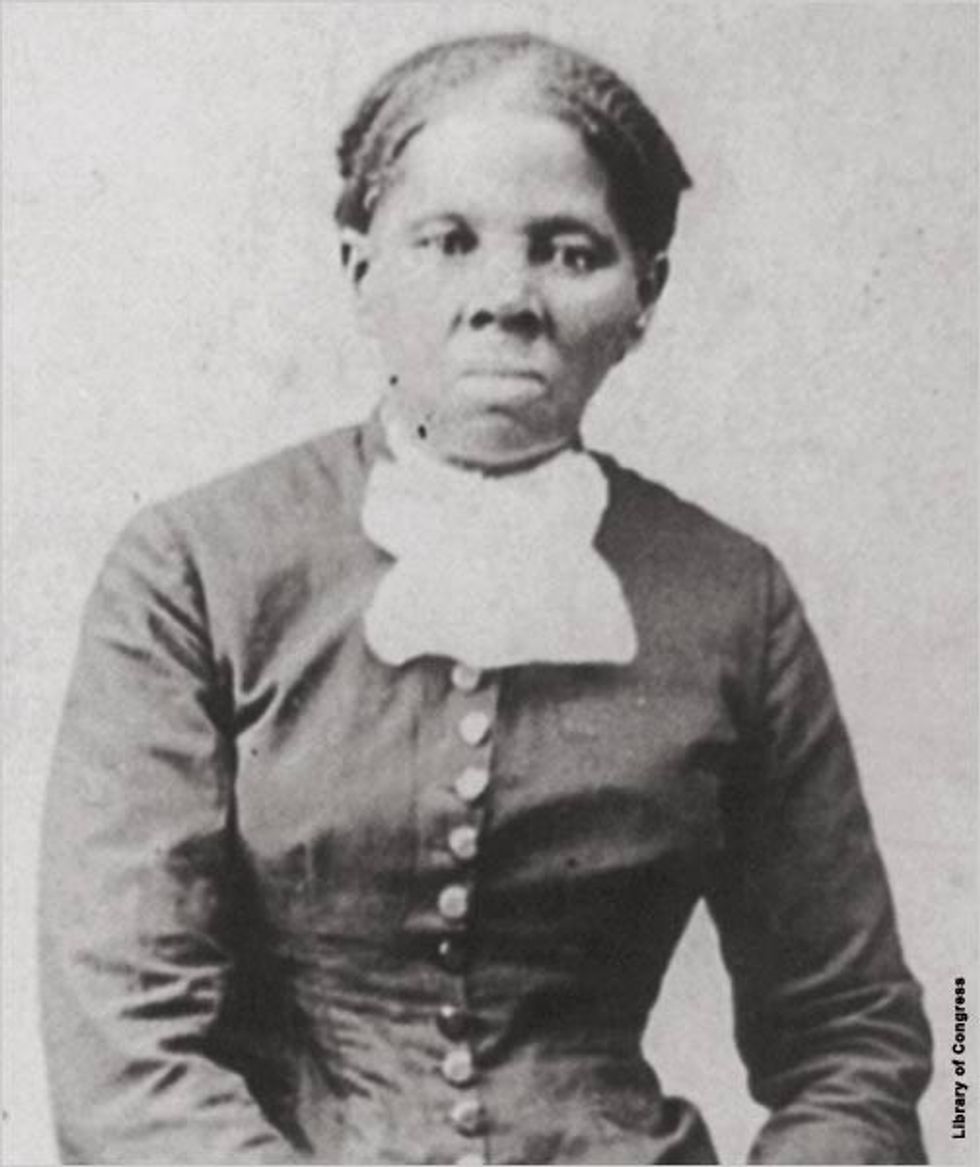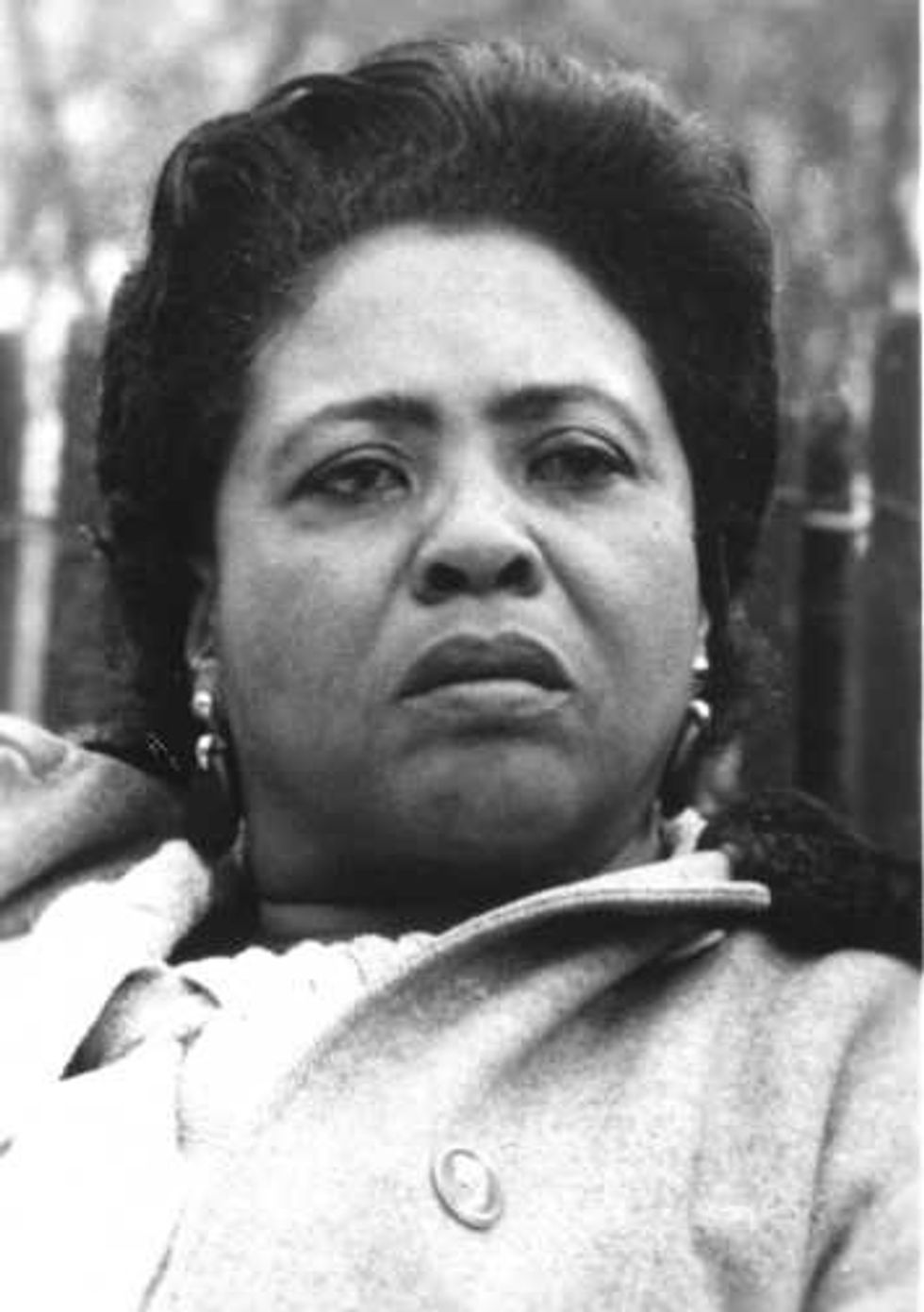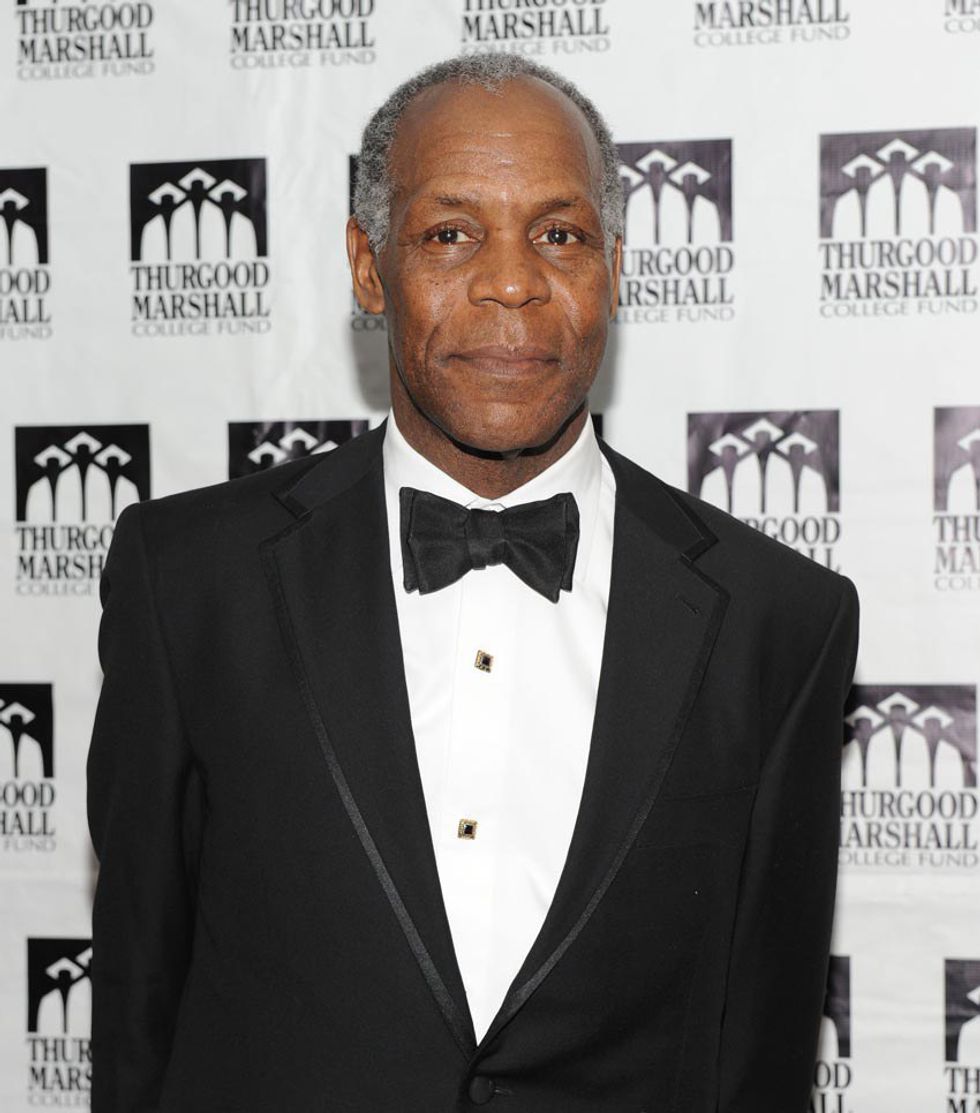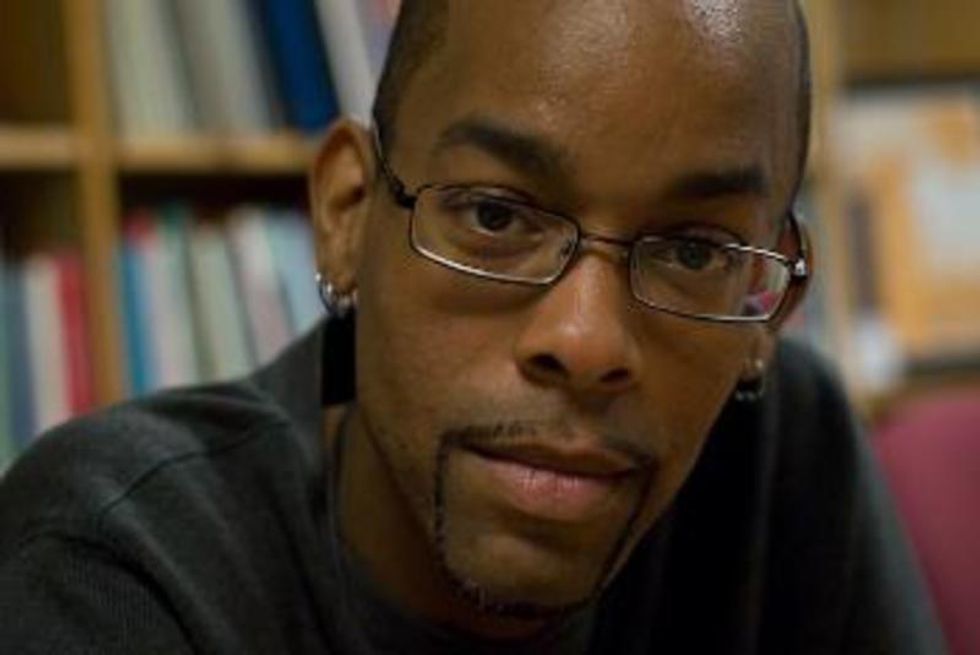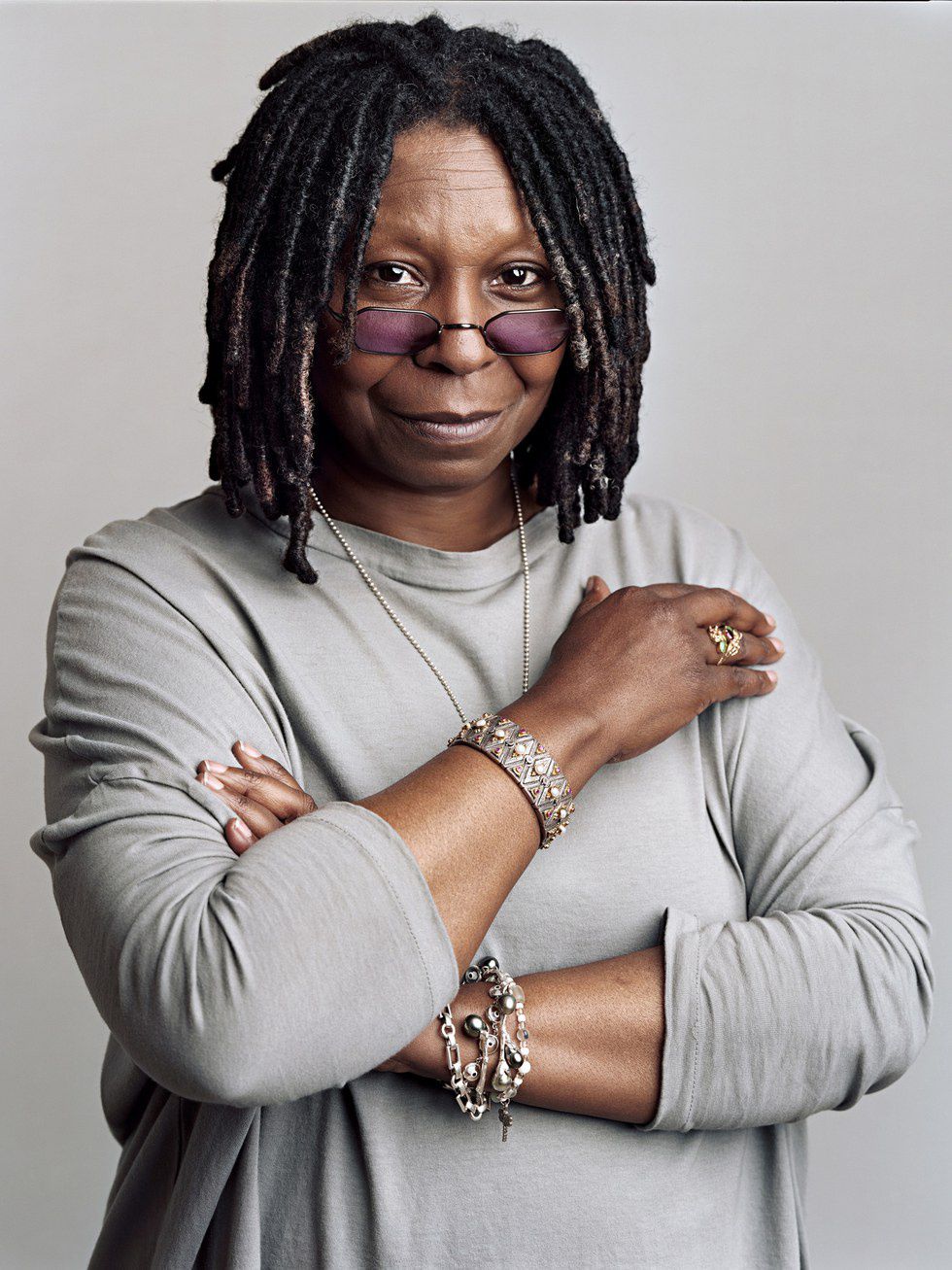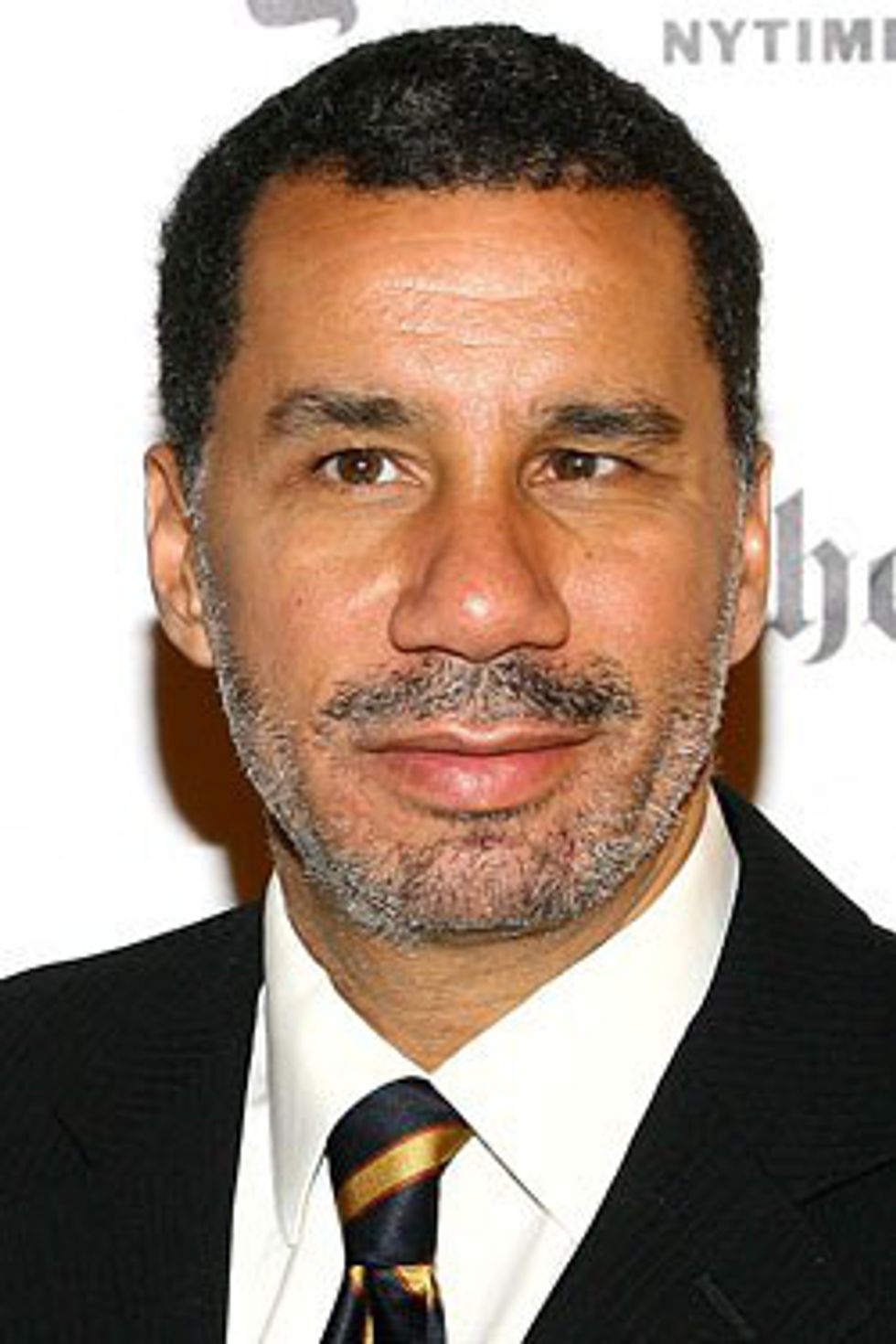In honor of Black History Month, and an awesome social awareness discussion that occurred the other night, I've collected 9 famous disabled African Americans you should know about. Ranging from social activists to athletes, I hope you'll learn something about people you already knew about - and some you didn't!
1. Harriet Tubman (1822 - 1913)
As we all know, Harriet Tubman was a fugitive slave and conductor on the Underground Railroad that brought other slaves to freedom. She also promoted the establishment of schools for freed slaves, began a home for elderly people and participated in the movement for women’s suffrage. However, few know that as an adolescent she was badly abused by an overseer and endured seizures, severe headaches and narcoleptic episodes for the rest of her life and is now believed to have had epilepsy.
She even had brain surgery at Boston’s Massachusetts General Hospital to try to alleviate the pains and "buzzing" she experienced.2. Curtis Pride (1968 - )
Pride played baseball all through high school and college and has made quite the name for himself as a professional baseball player. He first signed with the New York Mets and played with the following major league teams: Detroit Tigers, Atlanta Braves, Boston Red Sox and the Montreal Expos. While playing with the Atlanta Braves, Pride was the first African American with a disability to play in a World Series. He is the first deaf baseball player in almost 50 years. After retiring he was hired as the baseball coach at Gallaudet University and is currently in his 8th season with the Bisons.
3. Montel Williams (1956 - )
Williams served as a naval intelligence officer, hosted “The Montel Williams Show,” and has done a bit of acting in “Jag” and “Touched by an Angel.” In 1999 he was finally diagnosed with Multiple Sclerosis after the symptoms he had been experiencing for decades worsened. He controls his symptoms by eating healthy food, exercising every day and working with his doctors. He started a research foundation for MS and advocates for healthy living. Williams is also a national spokesman of the Partnership for Prescription Assistance (PPA), a patient assistance program that helps low-income patients apply for free or reduced-price prescription medications.
4. Fannie Lou Hamer (1917 - 1977)
Although a lesser known name among civil rights leaders, Hamer made one of the most pivotal speeches of the Civil Rights Movement in 1964 at the Credentials Committee of the Democratic National Convention in Atlantic City. She spoke on national television of the severe beating she endured in 1963 at a Mississippi jailhouse that caused severe kidney damage, a blood clot behind one eye and a permanent limp which revealed the widespread discrimination that was rampant across Mississippi. She had also been previously sterilized without her knowledge after going to the hospital for a minor surgery. Up until her death she fought for worker’s rights, women’s rights and voting rights.
5. Danny Glover (1946 - )
Famous for his role as Roger Murtaugh in the ‘Lethal Weapon’ movies and others in 'Top Gun’, ‘Pure Luck’ and ‘Maverick’ and 'The Color Purple', Glover battled epilepsy from age 15 until it ceased when he was 35 years old. He's also dyslexic and often felt that he was not worthy to learn and that the people around him would not care about his education. As an activist he helped create the first Department of Black Studies and the first School of Ethnic Studies in the United States at San Francisco State University. Glover is additionally involved with The Algebra Project, The Black AIDS Institute, Walden House, and Cheryl Byron's Something Positive Dance Group.
6. Christopher Bell (1974 - 2009)
Bell was a disability studies scholar who who focused on the intersections of race, sexual orientation, class, and disability, and how intersectionality shapes individual identity and experiences. He was one of the first to criticize the lack of works highlighted in disability studies curriculum by or about individuals of color. After being diagnosed with HIV/AIDS in 1997 he became involved in disability right's while continuing to combat racism and homophobia. The Chris Bell Memorial Scholarship was set up in his honor to low-income students of color and non-white racial minorities doing scholarly work in the field of disability studies with preference for those whose work aligns with Chris’s commitment to intersectionality, identity politics and activism.
7. Whoopi Goldberg (1955 - )
Besides being dyslexic, Goldberg is an Academy Award-winning actress, comedian, radio host and television personality and only one of ten people to win an Emmy, a Grammy, an Oscar and a Tony Award. She's also the first woman to be honored with the prestigious Mark Twain Prize for American Humor. In contrast to her successful career, Goldberg struggled in school and was often made fun of for her un-diagnosed academic troubles. She's involved in various charity organizations with a focus on the fight against poverty and homelessness, and HIV/AIDS.
8. Michelle Banks (1968 - )
Banks contracted spinal meningitis when she was a year old which left her deaf. She obtained her primary and secondary school on the Gallaudet campus. She transferred to State University of New York at Purchase in 1987 to study drama. Although she was the first deaf student to study drama at SUNY Purchase and fought to get an interpreter for her classes she excelled in college. She also established Onyx Theater, the first and only deaf theater of color. Banks is known for her roles in Showtime program "Soul Food," the UPN series "Girlfriends" and "Strong Medicine" and films "Malcolm X" and "Compensation". She's worked extensively with the National Black Deaf Advocates and has served many positions in the organization.
9. David Paterson (1954 - )
He was the 55th Governor of New York State, the first governor of New York of African American heritage and also the second legally blind governor of any U.S. state.
He lost his sight when he was three months old due to an ear infection which spread to his optic nerve, damaging it. Paterson was the first disabled individual to graduate from Hempstead public schools in 1971. Paterson received a B.A. in History from Columbia College of Columbia University in 1977 and a law degree from Hofstra Law School in 1983.



